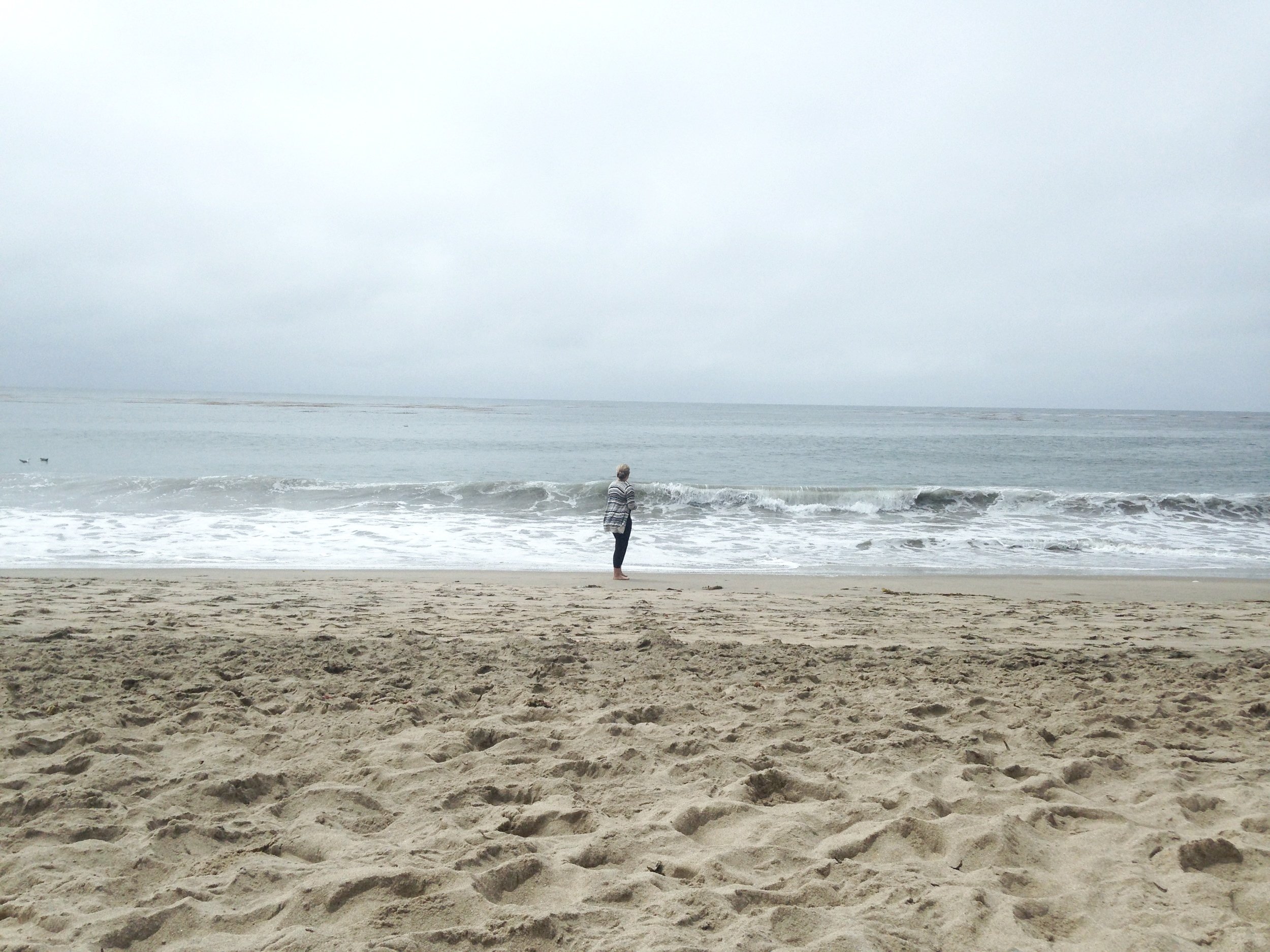Retreat, Part 1: Why Getting Away is So Good for Your Soul
Jesus’ invitation to go away to a quiet place with him, and why that’s so important for us today
I love retreats.
As a former Young Life staffer, some of my favorite memories are from staff or leader retreats at Crooked Creek or Frontier Ranch, women’s retreats at Trail West Lodge, or from church women’s retreats I’ve been a part of over many years. Most of these retreats, though, are packed full of content, meetings, listening to speakers, lots of conversation, playing games, and squeezing in a nap in the afternoon, if I’m lucky.
What I really long for on retreat, though, is what Jesus invites his disciples into in Mark 6:30-32, right after they’d been sent out to do ministry (and just before the feeding of the 5,000):
“The apostles returned to Jesus from their ministry tour and told him all they had done and taught. Then Jesus said, ‘Let’s go off by ourselves to a quiet place and rest awhile.’ He said this because there were so many people coming and going that Jesus and his apostles didn’t even have time to eat. So they left by boat to a quiet place, where they could be alone.”
Right in the middle of their busy lives and work and to-do’s, Jesus invites them to come away and rest awhile, even as crowds are following them. He gives them permission to step away, to retreat from the soul-weary battles of ministry, and rest with him.
As a spiritual practice, retreat is leaving our day-to-day for extended, intentional time with God. They “remove us from the daily battle into times of refreshing, retooling, renewing, and rewinding” (Adele Ahlberg Calhoun, Spiritual Disciplines Handbook). This can be a 9-day silent retreat at a nearby monastery, a weekend away led by a church or ministry organization, or a single day, morning, or afternoon at a local retreat center. It can even be a couple of hours spent on a hike or sitting on the beach, so long as it is time set aside to be with Jesus.
In her recent book Invitation to Retreat, Ruth Haley Barton writes on our need for retreat: “No matter how far along we are in the spiritual life, there is no time when retreat—or strategic withdrawal—ceases to be an essential practice” (p. 12).
Why Go on a Retreat?
Here are a few reasons why retreat is an essential practice (this isn’t an exhaustive list, and I’d love to hear your reasons for retreat, too!):
WE'RE HUMAN.
We are finite, limited human beings who get tired and need rest (and probably more often than we’d like to admit!). I love John Ortberg’s words in Soul Keeping, that “the soul knows only borrowed strength,” and that we are made to rest in God. Or Augustine, who famously said that we are restless until we find our rest in God alone. We were created to recognize our limitations and our need for rest in our Creator. True rest, the kind Jesus promises us, is found in Him.
WE’RE DISTRACTED AND ADDICTED TO TECHNOLOGY, PRODUCTIVITY, AND PEOPLE’S PERCEPTIONS OF US.
Retreats help us to be okay with silence, a slow and unproductive pace, and boredom. Dallas Willard wrote in The Divine Conspiracy: “One of the greatest of spiritual attainments is the capacity to do nothing. Thus the Christian philosopher Pascal insightfully remarks, ‘I have discovered that all the unhappiness of men arises from one single fact: that they are unable to stay quietly in their own room’” (Willard, p. 358).
WE CAN LEARN THE MINISTRY OF ABSENCE.
You’ve probably heard the phrase “the ministry of presence” a time or two (which is a phrase I love!). The ministry of absence has value, too, in which we learn to relinquish direct involvement in something in order to be on retreat, because “sometimes we can do more for people in our absence than we can do for them in our presence” (Barton, p. 68). It’s okay to miss out on something, or not to be available and easy to reach ALL the time (this is especially true for those of us who serve in ministry roles).
When to Go on a Retreat
If you’re anything like me, you may see all the reasons for going on a retreat clearly, but wonder how or when you’ll be able to make it happen. We live such FULL lives, and prioritizing time away with God can feel burdensome or even impossible.
I love Emilie Griffin’s wise words: “ 'When should I make a retreat? When there is no time to do it, that’s when you most need to unclutter the calendar and go apart to pray. When the gridlock of your schedule forbids it…that is when your heart beats against the prison walls of your enslavement and says, “Yes, Lord, I want to spend time with you”’” (Barton, p. 24).
The exhaustion, distraction, and need to pull away in this season is very real. As a way of “walking our talk,” Bryan and I are actually headed off for a few days away on our own retreat, and I can’t wait. My soul is itching to hop in the car and drive to the California coast!
When we get back, look for a post that outlines the many retreat options available to us, how to structure your own retreat, things we learn while on retreat, and an upcoming personal retreat guide. 🙂
RESOURCES
Invitation to Retreat, Ruth Haley Barton
Spiritual Disciplines Handbook, Adele Ahlberg Calhoun
Wilderness Time: A Guide for Spiritual Retreat, Emilie Griffin


